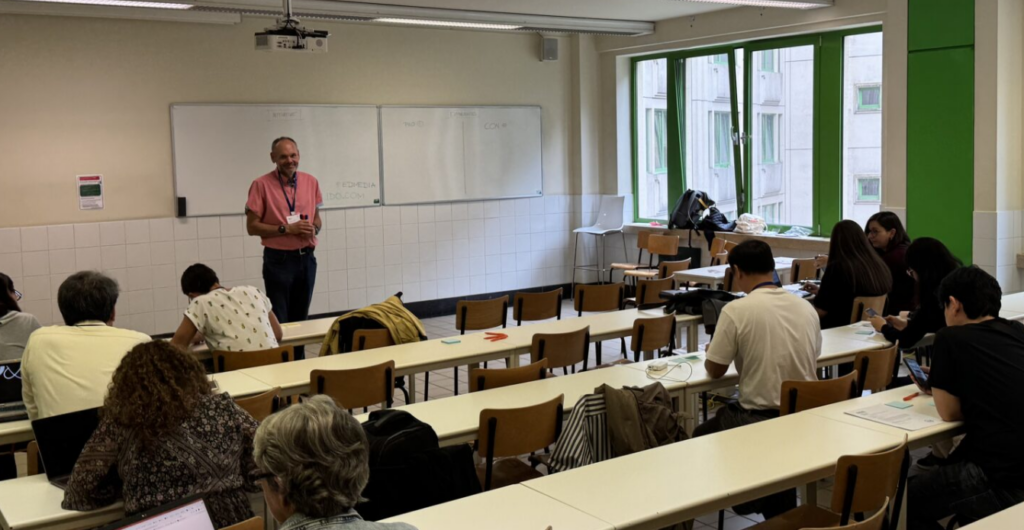We did a workshop at this year’s ED-Media Conference about „Experiences with Artificial Intelligence in the Classroom„
Abstract:
This year’s SIG meeting will focus intensively on the topic of „Experiences with Artificial Intelligence in the classroom“. AI changes education maybe radically and had hopefully a positive impact on education. Therefore, we ask for short presentations and inputs to discuss our practical experiences with AI use in education amongst all participants. Everyone is cordially invited to come and share their challenges, their impact, their worries or success stories or to get to know the latest findings and tools.
[article @ publisher’s homepage]
[article @ ResearchGate]
Reference: Ebner, M. & Brünner, B. (2024). Experiences with Artificial Intelligence in the Classroom. In T. Bastiaens (Ed.), Proceedings of EdMedia + Innovate Learning (pp. 1180-1181). Brussels, Belgium: Association for the Advancement of Computing in Education (AACE). Retrieved July 22, 2024 from https://www.learntechlib.org/primary/p/224665/.


